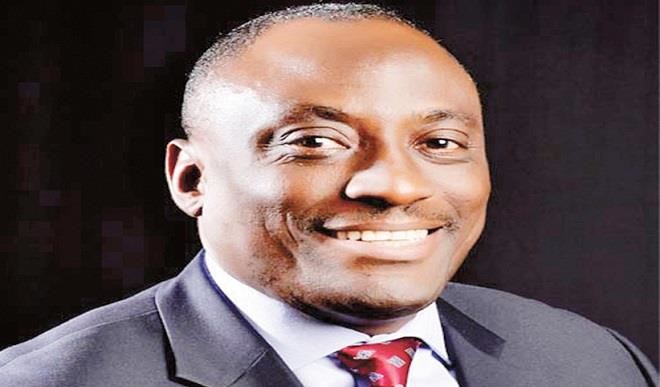Can legal action be taken against plagiarism?
The issue of plagiarism came to the forefront of national discourse just recently with the “Change Begins with me” speech of President Muhammadu Buhari. On this background, several legal practitioners spoke to Daily Trust and gave their opinion on whether or not plagiarism can attract legal actions. Dr. Ngozi Alili, an academic and legal practitioner, […]


The issue of plagiarism came to the forefront of national discourse just recently with the “Change Begins with me” speech of President Muhammadu Buhari.
On this background, several legal practitioners spoke to Daily Trust and gave their opinion on whether or not plagiarism can attract legal actions.
Dr. Ngozi Alili, an academic and legal practitioner, believes plagiarism is an academic crime, thus the language exists only within the academic circle. “For the president’s speech, I don’t think it can be considered plagiarism but it is an embarrassment to the presidency because it smirks of incompetence,” he said.
He said research had shown that although there is no legal liability associated with the act of plagiarism (especially in Nigeria), it is still a serious offense. “Committing plagiarism could be grounds for expelling a student from a university, terminating a professor’s teaching contract, or suing an artist for monetary compensation.”
Another lawyer, Pius Udo-Inyang, who disagreed with Alili on plagiarism being only an academic crime, said in the United States, plagiarism is a tort and there are laws that safeguard against plagiarism. He added that in Nigeria’s case, legal actions can be taken against a plagiarist under intellectual property if the work that was plagiarized was registered.
He said “It is more than an academic offence. It can be intellectual property offence when it is discovered that the plagiarized work had been registered and the person that used the work did so without acknowledgement or permission from the original source. When this occur, legal actions can be taken.”
Udo-Inyang observed that since punitive actions are taken against academicians that run foul of plagiarism, it will be wrong to say when it happens outside the academic wall, punitive actions cannot and should not be taken against the offender.
Barrister Nureni Sulyman said although plagiarism is not a criminal or civil offense in Nigeria, as there is no specific legal document that specifically safeguards against plagiarism, it is still illegal if it infringes an author’s intellectual property rights, including copyright or trademark. Thus we have the likes of the Copyright Act.
“When the presidency released a statement that the Deputy Director who wrote the said speech is being investigated, it was sending a strong message that plagiarism whether in the academic circle or not, should not be condoned,” Sulyman said.
One of the leading online plagiarism checker software geared towards preventing plagiarism in published works, iThenticate.com said “the legal repercussions of plagiarism can be quite serious. Copyright laws are absolute. One cannot use another person’s material without citation and reference. An author has the right to sue a plagiarist. Some plagiarism may also be deemed a criminal offense, possibly leading to a prison sentence.”
Lawyers also believe that the decision of the presidency to forestall recurrence of such embarrassment by installing anti-plagiarism software on its systems is a laudable decision. They urged other institutions to follow suit.
